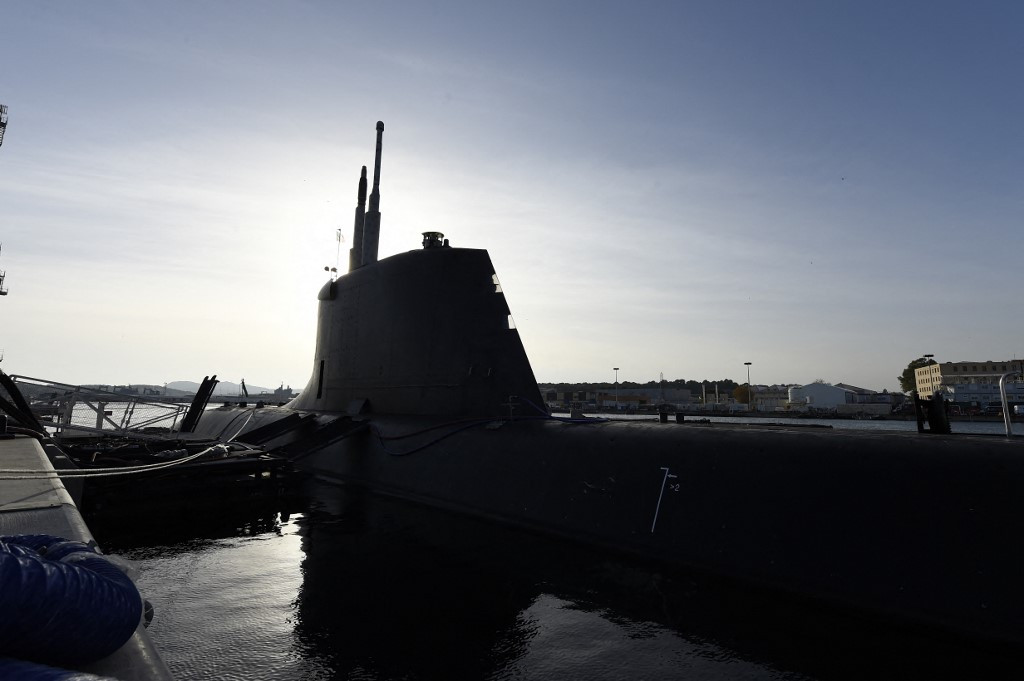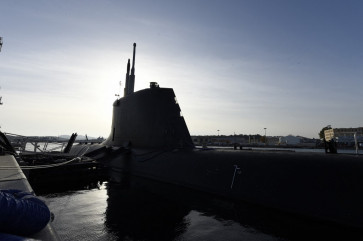Popular Reads
Top Results
Can't find what you're looking for?
View all search resultsPopular Reads
Top Results
Can't find what you're looking for?
View all search resultsAUKUS submarine deal a detriment to nuclear commitments
As de facto leader of ASEAN, Indonesia should strive for a strong ASEAN voice in responding to a military buildup with nuclear capabilities in its backyard -- in an increasingly volatile region.
Change text size
Gift Premium Articles
to Anyone
T
he United States, United Kingdom and Australia recently announced a new security partnership called AUKUS. Under the pact, the US and UK have agreed to share sensitive nuclear technology to help Australia build its first nuclear-powered submarines, along with cyber and other technologies.
The pact has sparked various reactions, triggered numerous geopolitical analyses and put into question ASEAN centrality on matters of regional architecture. From a nuclear cooperation viewpoint, the pact came as a surprise for two reasons.
First, Australia is well-known for its antinuclear resolve not to pursue civilian nuclear capabilities. Second, nonpeaceful use of nuclear technology has never been a casual part in nuclear cooperation.
Currently, there are six countries that operate nuclear-powered submarines. Five of them are nuclear-weapon states (NWS) under the Nuclear Nonproliferation Treaty (NPT), while one is a nuclear-armed non-NPT state. This limited number is not a coincidence, considering nuclear-powered submarines are closely associated with nuclear weapons technology.
Despite the acquisition of new nuclear-powered submarines as part of the AUKUS pact, Prime Minister Scott Morrison is trying to convince the international community that Australia will not seek to acquire nuclear weapons and will continue to meet all its nuclear nonproliferation obligations. But there are reasons why this statement should be taken with a generous pinch of salt.
From a nonproliferation stance, it is highly unlikely, nigh impossible, to apply the same level of safeguards in Australia’s civilian and military nuclear programs.
Australia has built a strong reputation as the first state to conclude an Additional Protocol (AP) with the International Atomic Energy Agency (IAEA) and to receive the agency’s broader conclusion, which verifies that all its nuclear material remain for peaceful purposes. While the Comprehensive Safeguards Agreement (CSA) is a requirement for non-nuclear-weapon states (NNWS) under the NPT, an AP is a voluntary strengthening of the standard CSA verification.

















